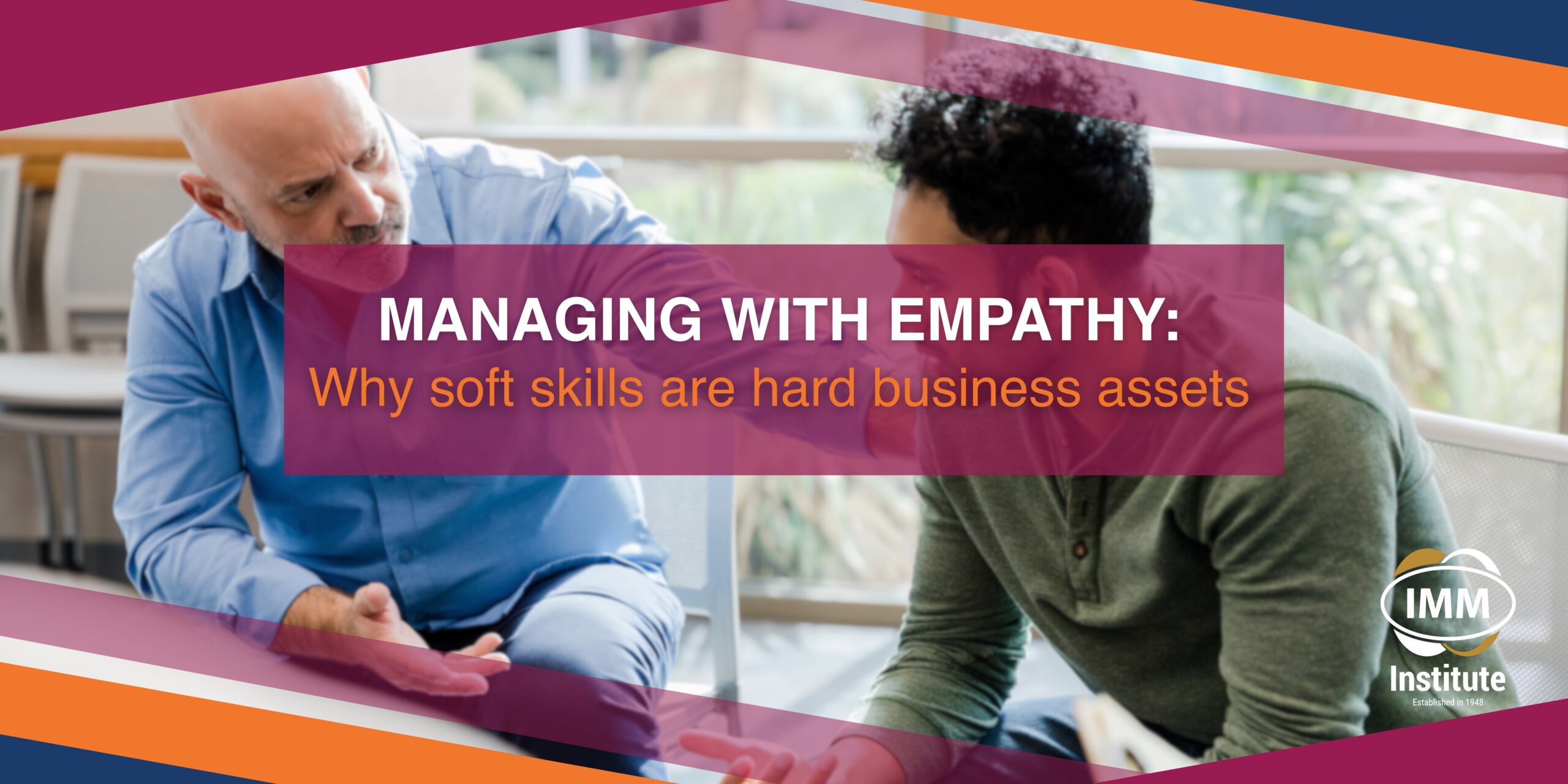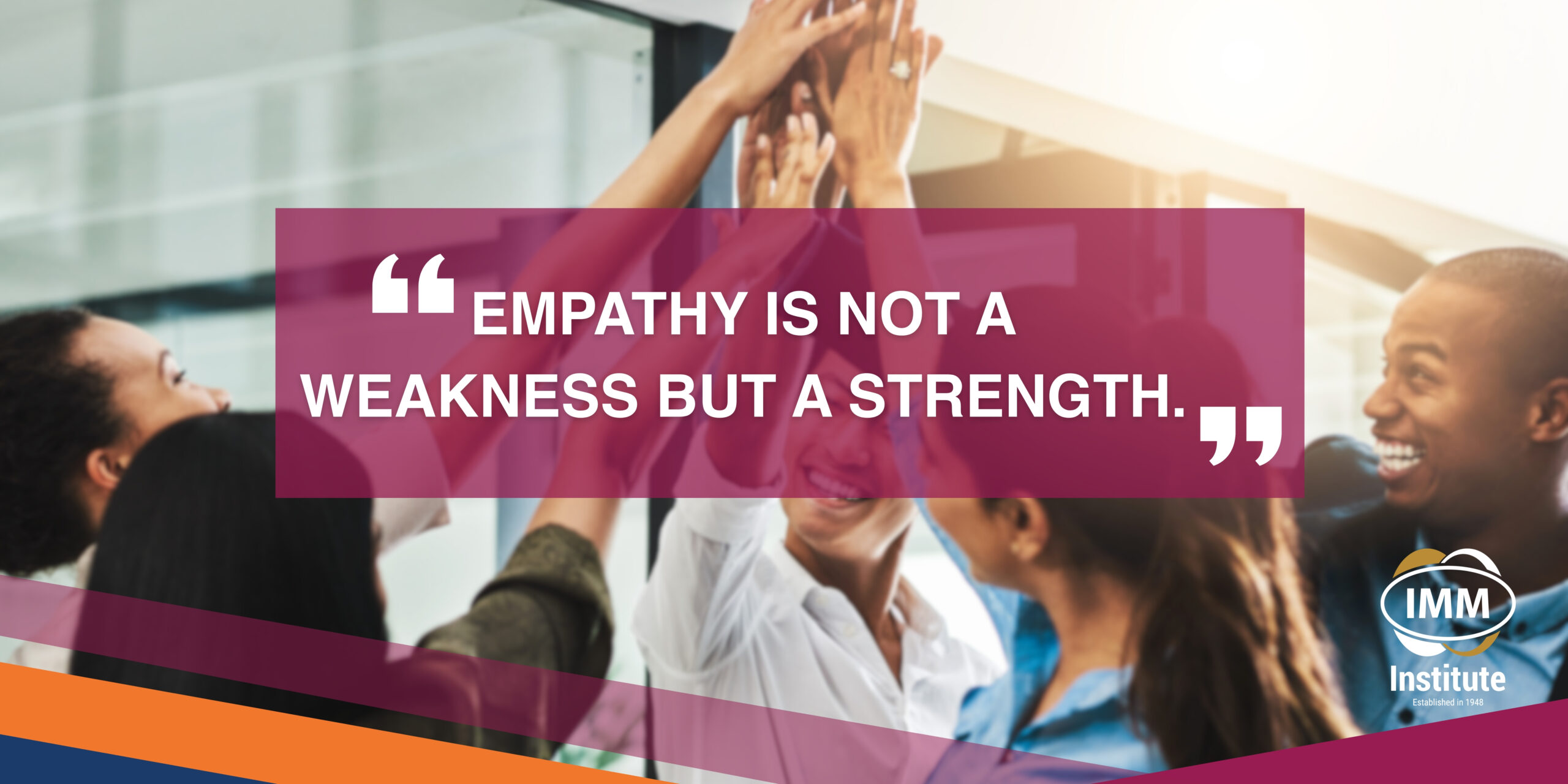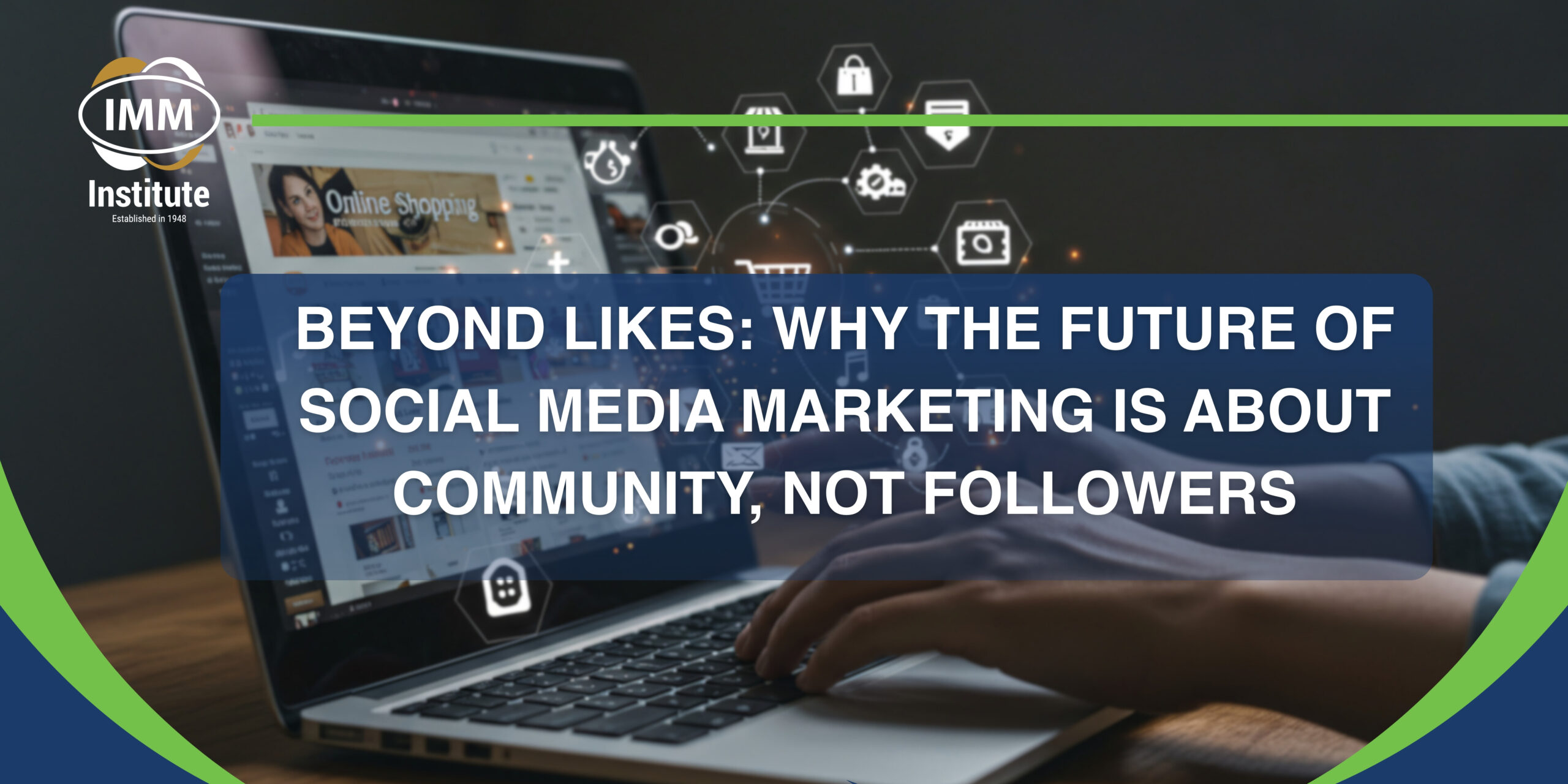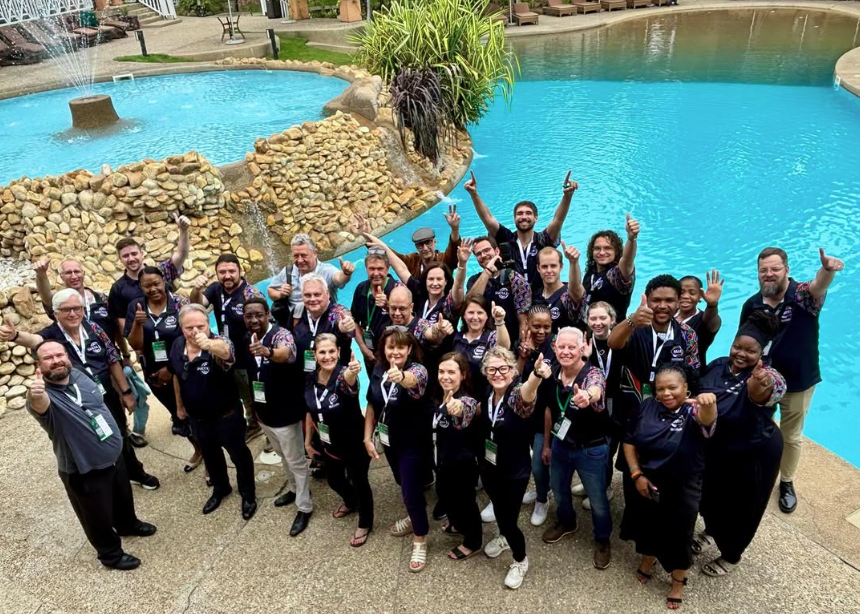
Managing with empathy: Why soft skills are hard business assets
Being able to understand, relate to, and lead people compassionately is no longer something desirable to keep on a résumé, it is now a strategic advantage to be consciously nurtured. Emotional intelligence (EQ) and human-centric managers are fast becoming the very foundation of successful management, especially in the South African landscape, where diverse cultures and socio-economic challenges need more from a business leader than just technical know-how.

The human edge in a digital age
Automation, data analytics, and AI are rapidly changing industries, so it’s more important than ever for organisations to focus on human values. Developing and nurturing soft skills – abilities like empathy, active listening, self-awareness, and managing interpersonal relationships – has been proven to cultivate a working environment of trust, collaboration, and resilience.
Across the very wide cultural and economic divide existing within South Africa, EQ often turns out to be the glue that holds teams and further their activities together. Empathetic managers, ones who truly listen, who understand, and acknowledge their teams’ experiences, will form higher-performing, inclusive cultures and environments.

Leadership for the people, by the people
Human-centred leadership is founded on the premise that humans are not mere resources but the very essence of an organisation’s value. In a country with our history of inequality and systemic exclusion, leading with empathy creates spaces of innovation, openness, and psychological safety. Leaders whose leadership style is human-centred inspire loyalty and motivation. It decreases burnout and disengagement, two evolving concerns in the workplace after the pandemic.
A South African manager with strong soft skills can sensitively navigate complex team dynamics and conflicts to foster collaboration across language and cultural barriers. Industries such as retail, marketing, and logistics rely especially on this, as business outcomes are often determined by cross-functional collaboration and frontline relationships.
Business impact: The ROI of soft skills
There is a persistent set of evidence indicating that companies with emotionally intelligent leaders excel more than their peers. The World Economic Forum puts emotional intelligence as one of the top 10 skills required for the coming era of work. In the South African context, where retaining talent, providing excellent customer care, and meeting targets are some of the highest priorities, the business case for soft skills is not hard to make.
An empathetic style of management will appeal to and keep top talent, particularly the younger generations, who seek purpose, recognition, and inclusion. It will also enrich customer experiences, since employees with a high degree of emotional intelligence will be more sensitive to customer needs, better able to perform under pressure, and willing to give service above and beyond ordinary expectations.
Strengthen your leadership foundation with practical skills
While empathy and emotional intelligence form the emotional core of great leadership, pairing these with structured tools and methods strengthens your overall impact. In today’s complex work environments, the ability to manage both people and projects with clarity and confidence is essential.
That’s where practical training can help. The Project Management Fundamentals short course from the IMM Institute is designed to equip professionals with essential project skills that complement human-centric leadership. The course covers key areas such as selecting and structuring projects, aligning them with corporate strategy, effective planning and delegation, budgeting, monitoring progress, managing risks, and ensuring successful delivery. It’s a smart investment for professionals who want to build not only their technical capabilities but also the confidence to lead with purpose, empathy, and resilience under pressure.

Building the skills that matter
As businesses across South Africa, and the world, are faced with uncertainty, complexity, and extremely rapid change, one thing is clear: empathy is not a weakness but a strength. Soft skills may be intangible, but even so, their impact can be measured. When all is said and done, it is the human touch that converts strategy into success.















